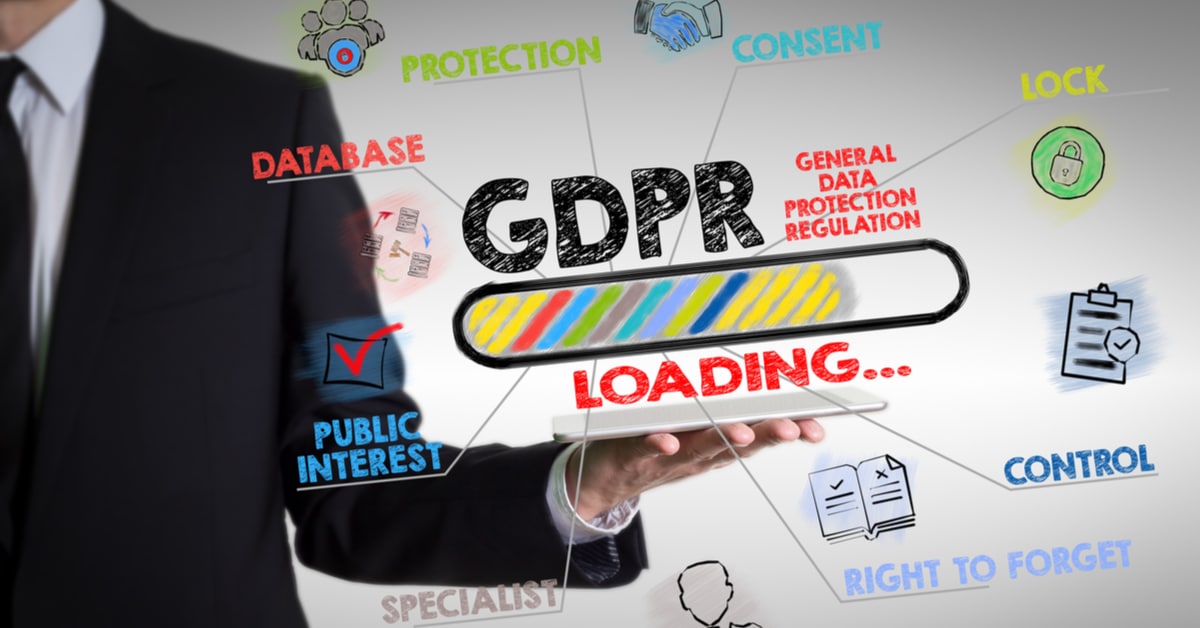The General Data Protection Regulation (GDPR) is a regulation implemented by the European Union (EU) in May 2018 to protect the privacy and personal data of EU citizens. It has had a significant impact on digital marketing, as businesses must now comply with strict regulations regarding the collection, storage, and use of personal data. In this article, we will explore the impact of the GDPR on digital marketing and how businesses can ensure compliance.
One of the key changes brought about by the GDPR is the requirement for businesses to obtain explicit consent from individuals before collecting, storing, or using their personal data. This includes information such as names, email addresses, and browsing history. Businesses must also inform individuals of their rights, including the right to access, rectify, and delete their personal data.
This has had a significant impact on digital marketing, as businesses can no longer rely on pre-ticked boxes or implied consent to collect personal data. They must now implement clear and transparent opt-in mechanisms, such as double opt-in procedures, which require individuals to confirm their consent via email or text message.
Another impact of the GDPR on digital marketing is the requirement for businesses to appoint a Data Protection Officer (DPO) if they process large amounts of personal data. The DPO is responsible for ensuring compliance with the GDPR and providing advice and guidance to the business. This can be a significant undertaking for small businesses and can be costly.
The GDPR also includes strict regulations regarding the storage and protection of personal data. Businesses must implement appropriate technical and organizational measures to protect personal data from unauthorized access, disclosure, alteration, and destruction. This includes implementing encryption, firewalls, and regular data backups.
In addition to these requirements, the GDPR also gives individuals the right to be forgotten. This means that individuals have the right to request that their personal data be deleted and that businesses must comply with this request. This can have a significant impact on digital marketing, as businesses must now ensure that they are able to delete personal data quickly and efficiently.
To ensure compliance with the GDPR, businesses must first conduct a Data Protection Impact Assessment (DPIA) to identify any potential risks to personal data and to determine the appropriate measures to mitigate these risks. They must also implement appropriate policies and procedures and provide training to employees on the GDPR.
It’s important for businesses to understand that the GDPR applies not only to EU-based companies but also to any company that processes personal data of EU citizens, regardless of where the company is based. Failure to comply with the GDPR can result in significant fines and penalties, so it’s crucial for businesses to take the necessary steps to ensure compliance.
In conclusion, the General Data Protection Regulation (GDPR) has had a significant impact on digital marketing. Businesses must now obtain explicit consent from individuals before collecting, storing, or using their personal data and ensure that they have implemented appropriate measures to protect personal data. By conducting a Data Protection Impact Assessment (DPIA) and implementing appropriate policies and procedures, businesses can ensure compliance with the GDPR and protect the privacy and personal data of EU citizens.




